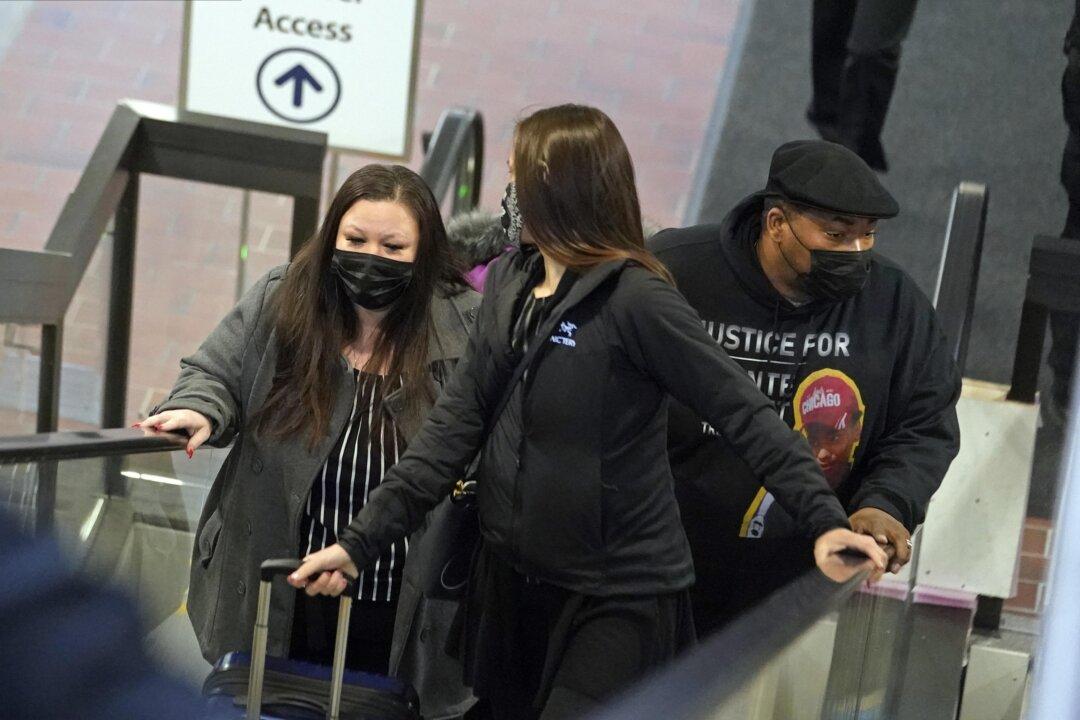MINNEAPOLIS—Jury selection moved forward Thursday in the trial of a suburban Minneapolis police officer charged in Daunte Wright’s shooting death, with a 10th juror seated ahead of opening statements next week.
Kim Potter, 49, is charged with first- and second-degree manslaughter in the April 11 shooting of Wright, a 20-year-old Black motorist, following a traffic stop in the Minneapolis suburb of Brooklyn Center.





